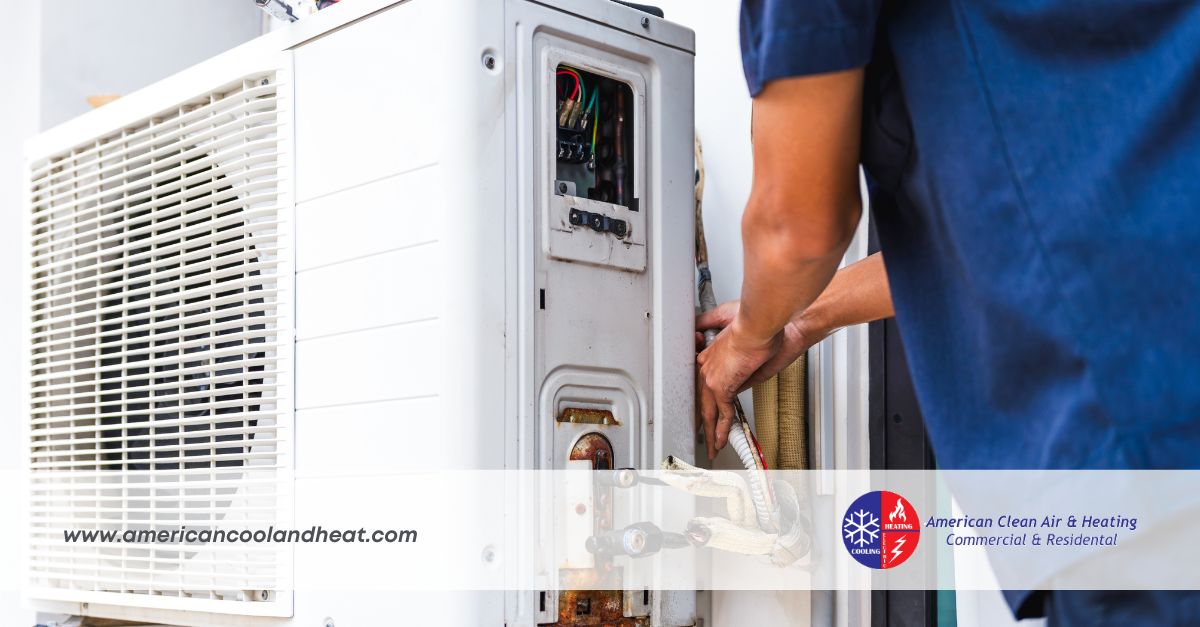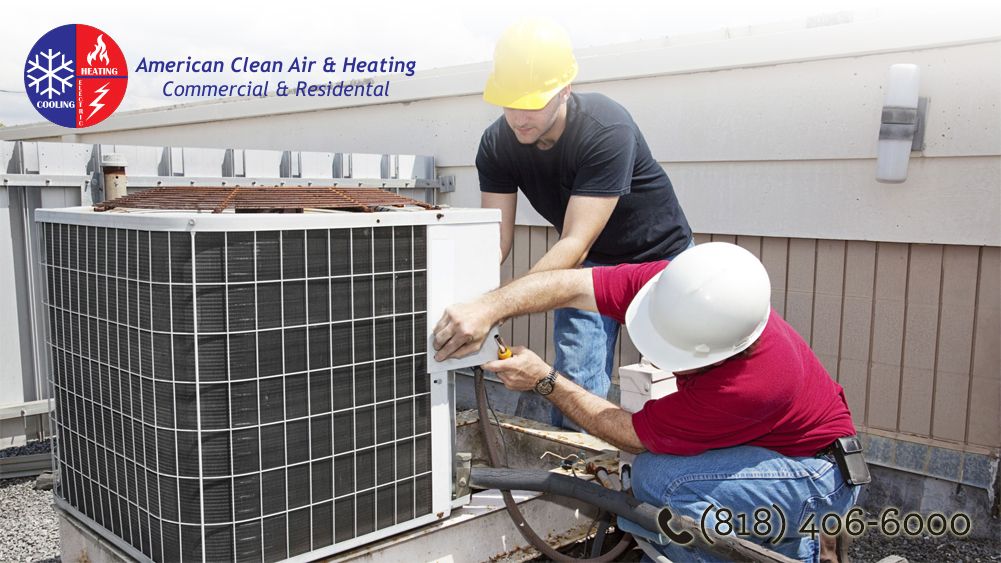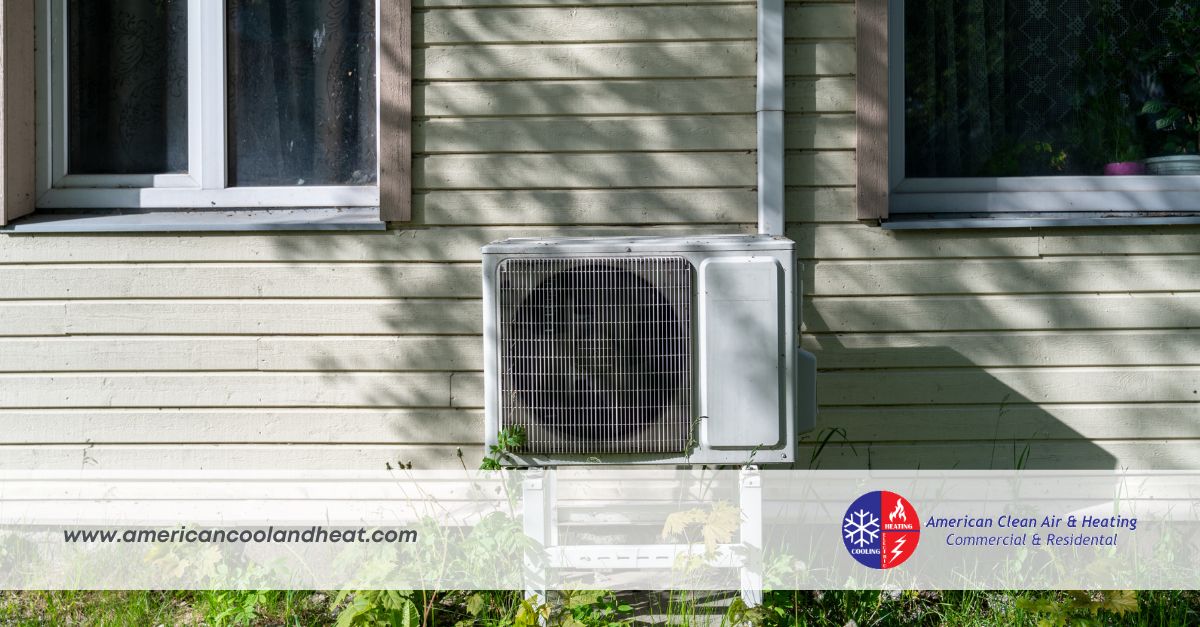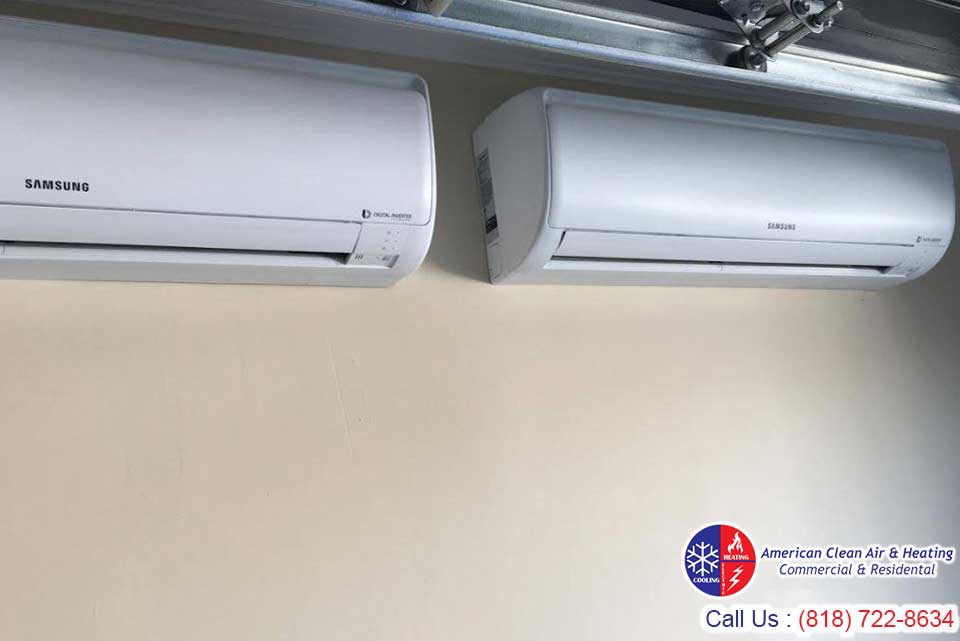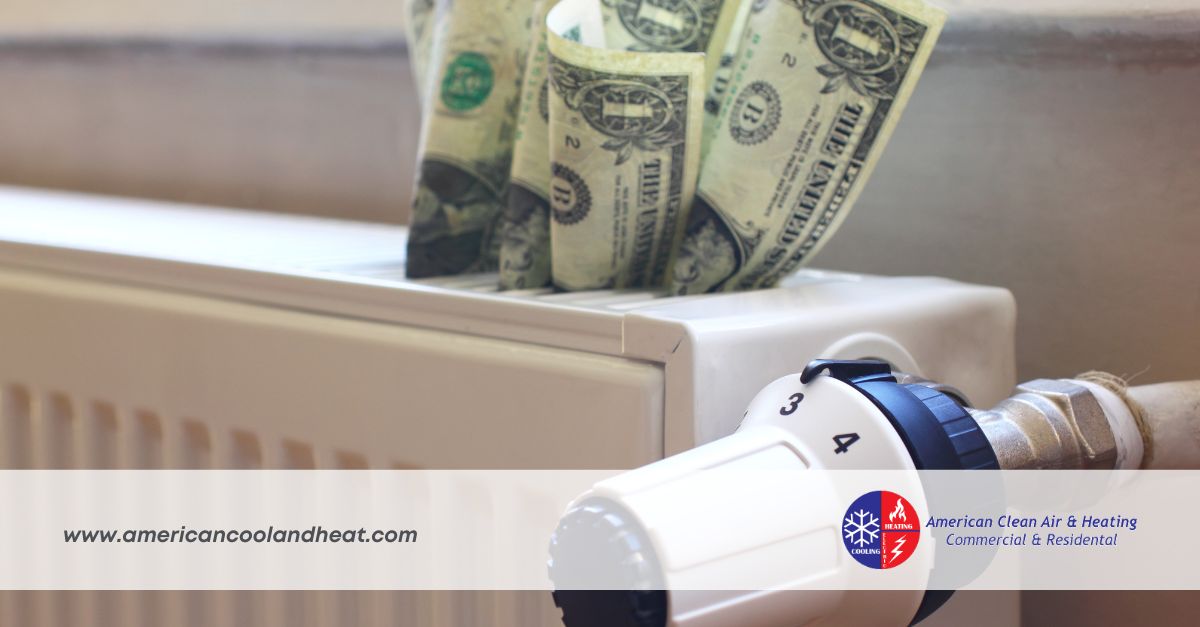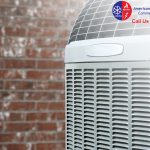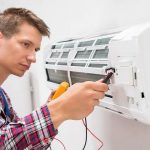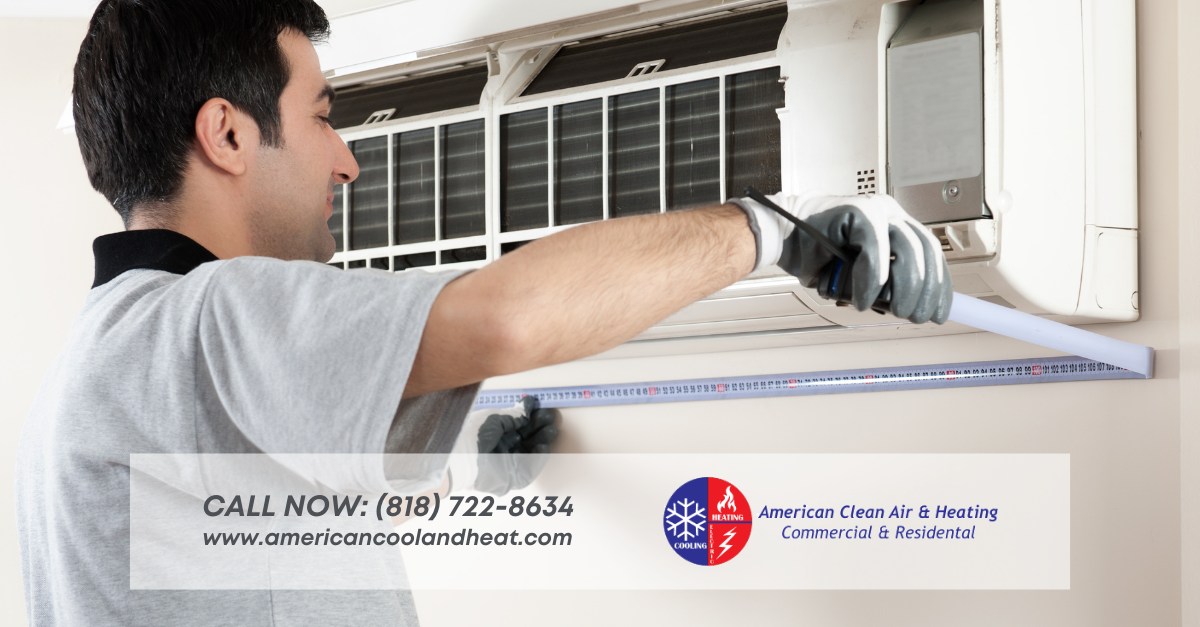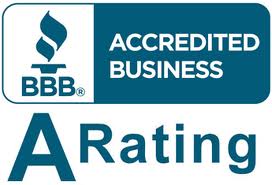Your HVAC Air Filter: The Key to Better Health and Lower Bills
It is easy to forget about the rectangular vent in your hallway or ceiling. For many homeowners, the air filter is an “out of sight, out of mind” component of their home maintenance checklist. It often goes unnoticed until a technician pulls out a gray, clogged square of fiberglass during an annual inspection.
However, that simple screen is one of the most critical components of your entire home comfort system. It serves a dual purpose that affects your daily life in significant ways. First, it acts as a gatekeeper for the air you and your family breathe. Second, it serves as a crucial line of defense for the expensive machinery heating and cooling your home.
Neglecting this inexpensive component can lead to expensive repairs and uncomfortable living conditions. Understanding exactly what your air filter does—and why it needs regular attention—is the first step toward a healthier home and a longer-lasting HVAC system.
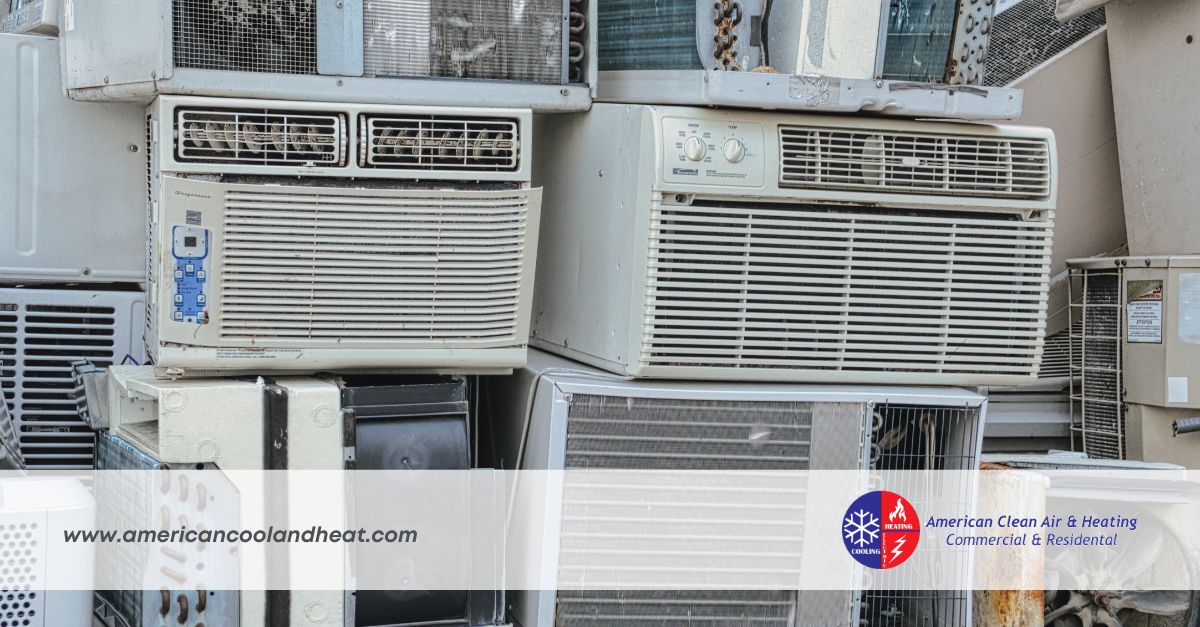
Shielding Your Indoor Air Quality
The primary job of an air filter, from a health perspective, is to trap particulate matter. Every time your system runs, it pulls air from your rooms, cycles it through the unit to heat or cool it, and pushes it back out. Without a filter, that air would carry a heavy load of contaminants.
Trapping Dust and Allergens
Your home is constantly generating dust, skin cells, and lint. If you have pets, you can add dander and fur to that mix. During pollen season, outdoor allergens find their way inside every time you open a door or window.
A clean air filter captures these microscopic invaders. As air passes through the tight weave of the filter material, particles get stuck. This process significantly reduces the amount of irritants circulating in the air you breathe. For family members with asthma, seasonal allergies, or respiratory sensitivities, a high-quality filter is essential for maintaining a comfortable indoor environment.
Preventing Mold and Bacteria Spread
Beyond simple dust, damp environments within an HVAC system can sometimes become breeding grounds for mold or bacteria. A functional filter stops organic matter from settling on the moist components inside your AC unit, such as the evaporator coil. By keeping these internal parts clean, you reduce the food source for mold, effectively helping to stop spores from circulating through your ductwork.
The Impact on System Mechanics and Airflow
While protecting your lungs is vital, the air filter was originally designed to protect the HVAC equipment itself. The mechanics of heating and cooling rely entirely on smooth, consistent airflow. A clogged filter disrupts this delicate balance and can cause a domino effect of mechanical failures.
The Dangers of Restricted Airflow
As a filter does its job, it fills up with debris. If left unchanged, the material becomes so dense with dust that air struggles to pass through. This forces your blower fan to work much harder to pull the necessary amount of air into the system.
This struggle creates excessive strain on the motor. Over time, this added stress can cause the blower motor to burn out, leading to a complete system failure that requires expensive repairs.
Overheating and Freezing
It might seem contradictory, but a clogged filter can cause both overheating and freezing, depending on the season:
- Heating Season (Overheating): In a furnace, cool air is blown over a heat exchanger to warm it up. If airflow is restricted, the heat exchanger cannot dissipate its heat. The internal temperature rises rapidly, often tripping a safety limit switch that shuts the furnace down to prevent a fire. Repeated overheating damages the heat exchanger, which is one of the costliest parts to replace.
- Cooling Season (Freezing): In an air conditioner, warm air blows over cold evaporator coils to remove heat. When airflow is blocked, the coils get too cold because there isn’t enough warm air to moderate their temperature. Condensation on the coils freezes, turning your AC unit into a block of ice and completely halting its ability to cool your home.
Energy Efficiency and Utility Costs
A dirty filter hits your wallet before the repair bill even arrives. Because your system has to run longer and work harder to push air through a blockage, it consumes significantly more energy.
According to the Department of Energy, replacing a dirty, clogged filter with a clean one can lower your air conditioner’s energy consumption by 5% to 15%. Over the course of a hot summer or a cold winter, that efficiency loss adds up. You end up paying a premium for a system that is struggling to keep your home comfortable.
Choosing the Right Level of Protection
Not all filters are created equal. They are rated by a Minimum Efficiency Reporting Value (MERV), which measures how effectively they trap particles.
- MERV 1-4: These are standard fiberglass filters. They catch large particles like lint and dust mites but do little for smaller allergens. They offer maximum airflow but minimum filtration.
- MERV 5-8: These are common pleated filters. They strike a good balance for most residential homes, catching mold spores and pet dander without restricting airflow too much.
- MERV 9-12: These are superior filters often used in commercial buildings or homes with severe allergy sufferers. They trap smaller particles like fine dust and auto emissions.
A Note of Caution: It is important to check your HVAC manual before buying the highest-rated filter. A filter with a very high MERV rating has a tighter weave, which can restrict airflow even when clean. If your system isn’t built to handle that level of resistance, you might inadvertently cause the same airflow problems you are trying to avoid.
Recognizing When to Change Your Filter
Standard advice suggests changing your filter every 90 days, but this varies based on your lifestyle. You likely need to change it more frequently—perhaps every month—if you:
- Have dogs or cats (especially those that shed).
- Live in a dusty or high-pollen area.
- Have residents with allergies.
- Run your system constantly.
Visual inspections are your best tool. If the filter looks gray and fuzzy, swap it out. If you notice more dust settling on your furniture than usual, or if your system seems louder than normal, check the filter immediately.
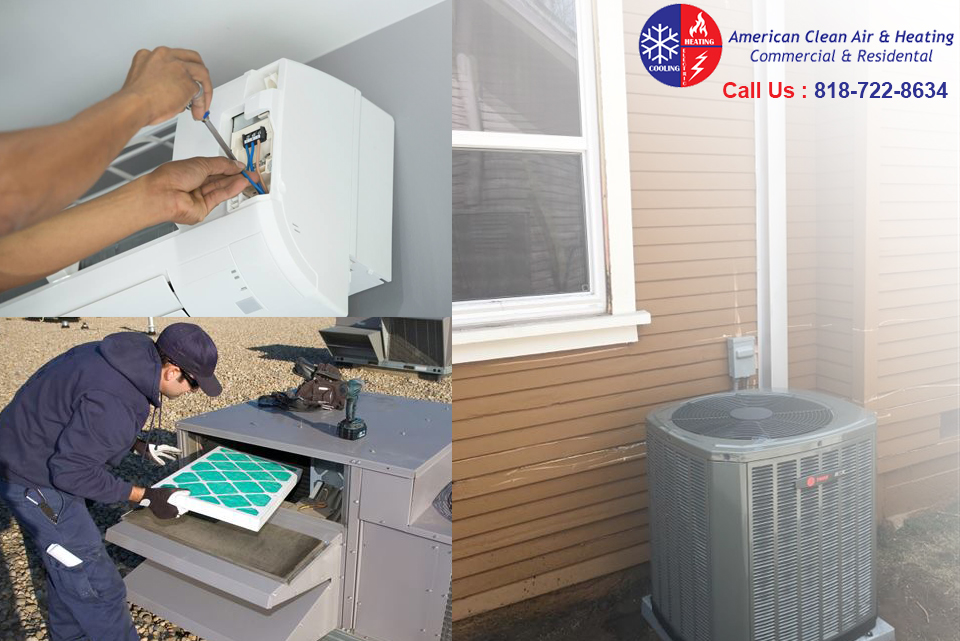
Prioritizing Maintenance for Long-Term Comfort
The air filter is a small guardian with a massive responsibility. It stands between your family and poor air quality, and between your bank account and major HVAC repairs. By keeping this simple component clean, you ensure your home stays cool in the summer, warm in the winter, and healthy year-round.
If you are unsure which filter is right for your specific system, or if you suspect a dirty filter has already caused strain on your unit, professional help is available. American Clean Air and Heating offers fast, dependable HVAC services you can rely on. From full-service maintenance to new installations, we ensure your system runs safely and efficiently.
 (818) 722-8634
(818) 722-8634
